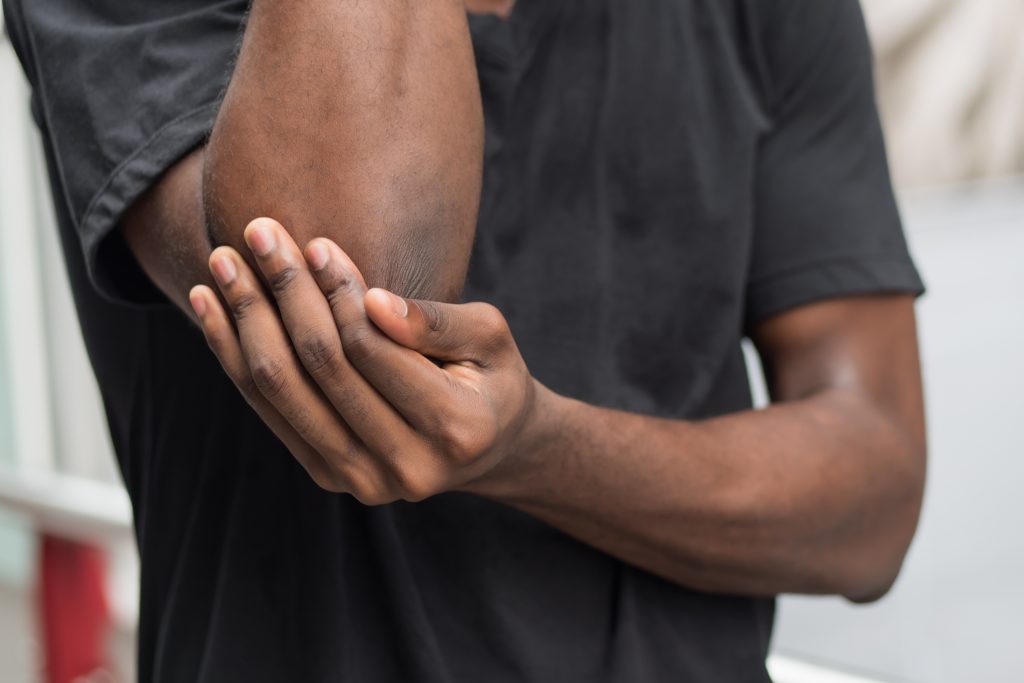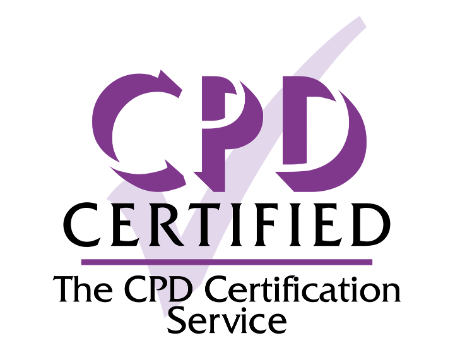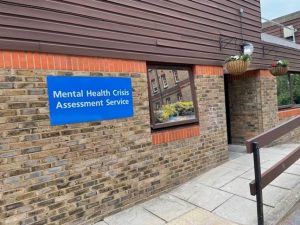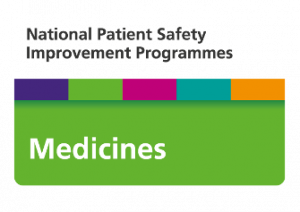Opioids are a highly effective form of pain relief and, when used judiciously, benefit many people living with pain. However, in the case of ‘chronic non-cancer pain’, when long-term pain does not have a treatable cause, opioids can do more harm than good, particularly when used at higher doses.
To help address this, the Health Innovation Network (HIN) has developed a new, CPD accredited Opioid Stewardship Quality Improvement Collaborative for clinicians across south London. The collective will help clinicians to develop their skills in safe opioid use and quality improvement processes, while supporting them to design and test improvements to treatment of chronic non-cancer pain.
Over half a million people in England are prescribed opioids for longer than three months, the majority having chronic pain that is not associated with cancer. National Institute for Health and Care Excellence (NICE) guidance states that opioids should not be offered to manage chronic non-cancer pain as harm out-weighs the benefit.
If left unchecked around 6,000 people a year could be hospitalised as a result of taking opioids for extended periods. Covid-19 is thought to have increased the use of opioids for chronic pain, which is linked to both deprivation and mental health conditions such as anxiety.
Primary care prescribing data shows that since the pandemic began there has been a 27% increase in the number of patients who are prescribed opioid paid relief for longer than three months, the limit recommended by the Faculty of Pain Medicine. This increases the risk of long-term dependence which is strongly associated with increased mortality.
Who can join the collaborative?
The programme is aimed primarily at GPs and prescribing practice pharmacists. However if you are a non-medical prescriber and are keen to champion safe prescribing of opioids, you're also welcome to apply. If you're a non-prescribing pharmacist and would like to join, you must have the support of a prescriber in your area of practice.
The programme is free to join, however participants (and their employer/line manager if applicable) must commit to attend all the masterclasses and collaborative sessions.
We ask you to commit a minimum of four hours per month to implement improvements to chronic non-cancer pain management within your practice, PCN or Trust.
The programme is CPD accredited. You will receive your CPD certificate on submission of a case study, poster or report outlining your impact in this area of practice.
What will the collaborative involve?
The collaborative will last six months and combine masterclasses from local and clinical specialists with collaborative sessions. Participants will be supported to develop an improvement project linked to one of the focus areas in their own practice.
It will build on the expertise participants bring from their own experience across the health sector. Learning from each other is an integral part of the programme, with activities centred around knowledge exchange between participants, speakers and facilitators.
Masterclasses will be delivered in virtual workshop format, using an interactive approach. Collaborative sessions will include a mixture of talks, group work, exercises, participant presentations and discussion.
Timeline: October 2022-March 2023




